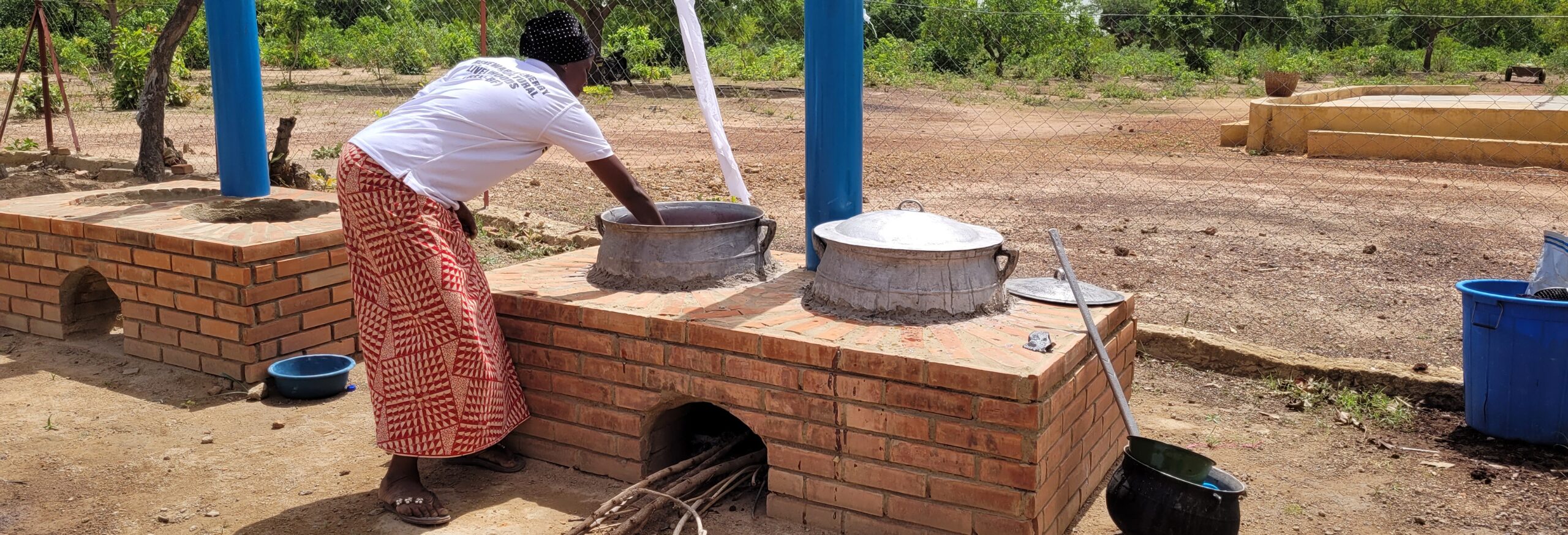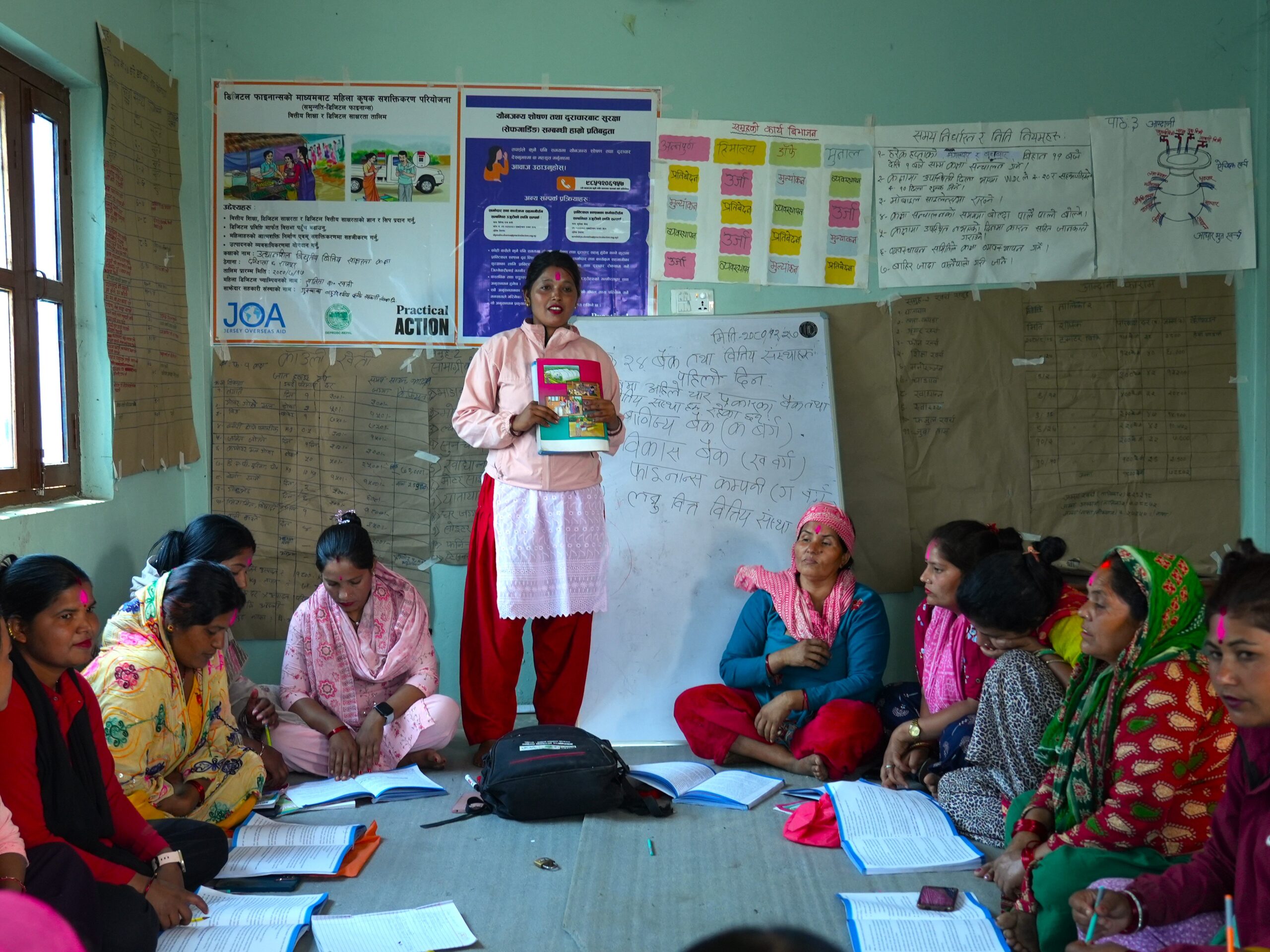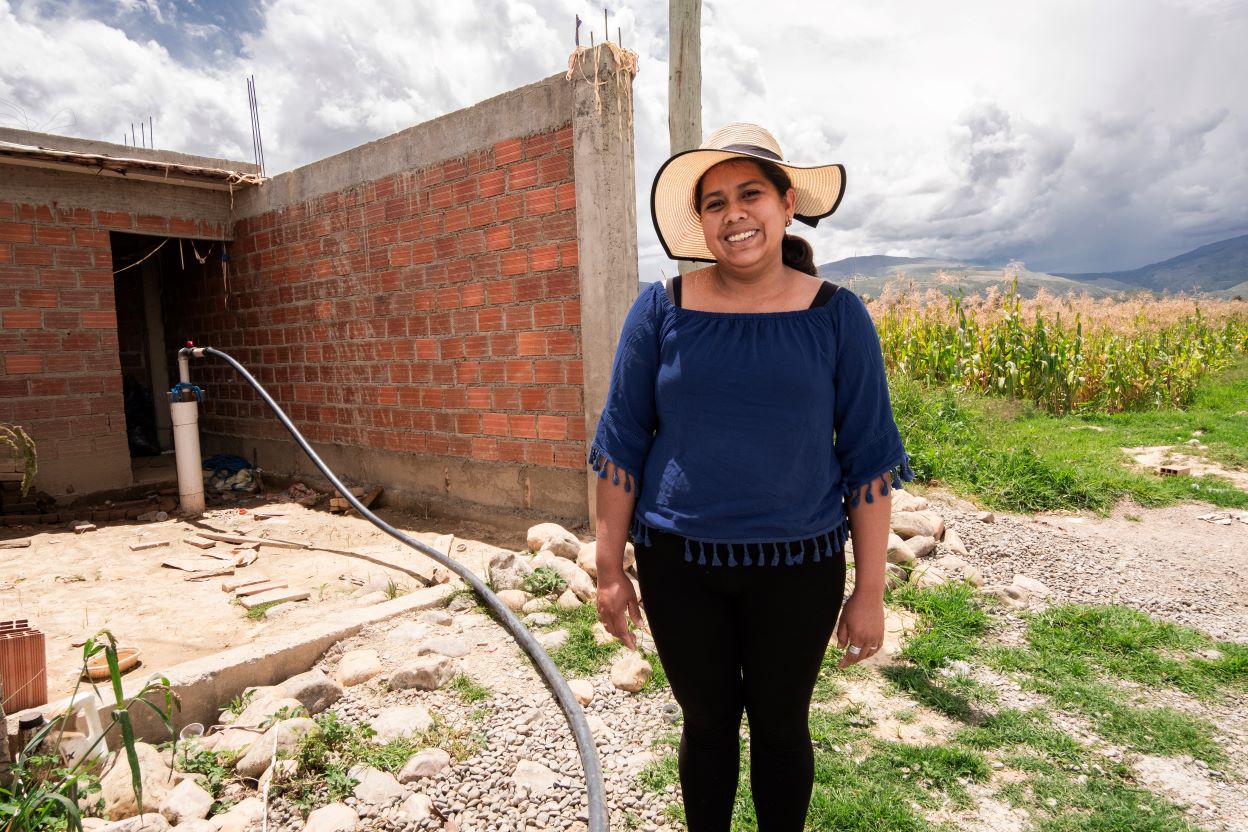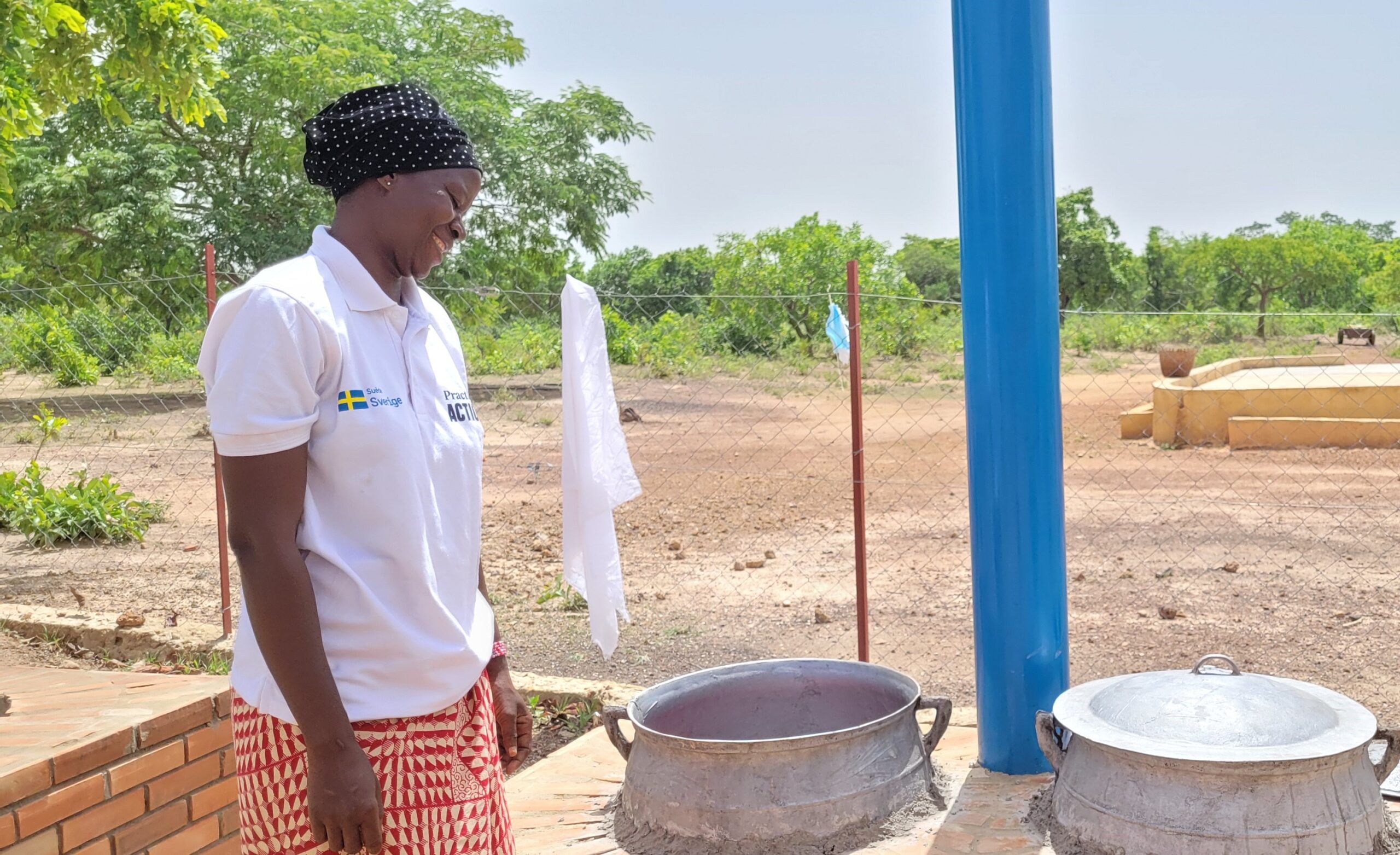
Rural women are the backbone of their communities, working the land, caring for families, and playing a crucial role in ensuring food security and protecting biodiversity. They make up over a fifth of the global population and are vital to the agricultural sector. Yet, despite their importance, rural women face significant barriers to accessing resources and education, which hinder their ability to reach their full potential. Discriminatory practices, limited land ownership rights, and the burden of unpaid care work further exacerbate these challenges.
At Practical Action, we are committed to helping rural women overcome these obstacles. By improving their access to tools, knowledge, and opportunities, we support them in building lives that reflect their aspirations. On this International Day of Rural Women, we celebrate their strength and resilience, reaffirming our dedication to working alongside them to create a more just and equitable world.

Nepalese women changing perceptions with digital finance
In rural Nepal, where traditional gender roles prevail, we are helping women challenge stereotypes as they take on their household’s financial responsibilities, thanks to funding from Jersey Overseas Aid. The project aims to enhance women farmers’ understanding and use of digital financial products.
Volunteers are trained as Women Digital Champions to teach their communities financial literacy and digital skills. These lessons build confidence and foster economic independence, reducing reliance on others and promoting healthier family dynamics.
‘I enjoy learning from my wife’
Punkala Gharti Magar and her husband Nim Kanta, a farmer and entrepreneur from Runtigadhi, Holeri, outlined how the classes motivated the women in his community to start income-generating businesses to be self-sufficient instead of relying solely on money sent by their husbands working abroad.
The couple’s relationship has also flourished because the training encourages mutual respect. Nim said: “I feel proud looking at the advocacy capability of my wife, and I enjoy learning from her.”

Bolivian women mitigating climate change with renewable energy
In Bolivia, the impacts of climate change are becoming increasingly severe, with rural communities experiencing extreme weather such as drought, floods, and forest fires. These challenges hit women particularly hard, as they often bear the brunt of environmental and societal impacts. In addition to dealing with the direct consequences of extreme weather, they also navigate cultural norms that restrict their access to resources and decision-making roles. Despite these obstacles, women are vital in adapting to and mitigating climate change. Their experience in managing natural resources is invaluable.
Alejandrina Torrico, a farmer from Arani, describes how unpredictable weather has affected her crop yields: “Climate change has become more intense over the last four or five years. The weather is extreme—either too hot or too dry, and when it rains, we get hail. Our crops are shrinking, and this year, we’ve lost even more.”
For women like Alejandrina, climate change threatens both livelihoods and food security, worsening existing gender inequalities. However, many rural women are transforming their lives by participating in renewable energy projects in agriculture, such as those under the Long Term – Low Emission Development Strategy (LT-LEDS).
Take Iris Rodríguez, a member of the Eterovich Producers Association. She previously relied on expensive fuel-powered pumps to irrigate her maise fields, spending nearly 15,360 Bs (US$2,200) monthly on fuel. With solar-powered irrigation, Iris and her community have significantly reduced costs while cutting greenhouse gas emissions.
This shift has not only boosted agricultural productivity but has also earned women greater respect and leadership roles in the community. As Iris and her fellow farmers continue to manage solar technology, they are challenging traditional gender roles and demonstrating how renewable energy can foster economic resilience in the face of climate change. Reflecting on the change, Iris says: “I check the system every morning to ensure everything works properly, without any risk of breaking down. I feel supported by everyone and eager to keep learning more.”

Empowering shea butter producers in Burkina Faso
In Burkina Faso, rural farmers face significant challenges, especially in areas with limited access to energy. However, renewable energy is opening new possibilities for these communities. The Laaguem Taab La Panga cooperative, which includes over 500 women, has revolutionised its shea butter production with the help of Practical Action’s Renewable Energy for Agricultural Livelihoods (REAL) programme.
Women like Compaoré Mariam now use solar-powered pumps and efficient stoves, which have halved their firewood consumption while doubling production. In the past, producing 100 kg of shea butter required two cartloads of wood; now, it requires less than one, saving resources and increasing income. Mariam explains: “With the extra income, I can support my husband and take care of my children.” This innovation has not only improved productivity and reduced costs but also enhanced the well-being of families, building resilience led by women.
On this international Rural Women’s Day, we honour the efforts of women like Punkala, Iris, Alejandrina and Compaoré, who are leading the way in climate adaptation, using innovative solutions to protect their communities and the environment. Let’s continue to work towards equal opportunities for all in rural areas.